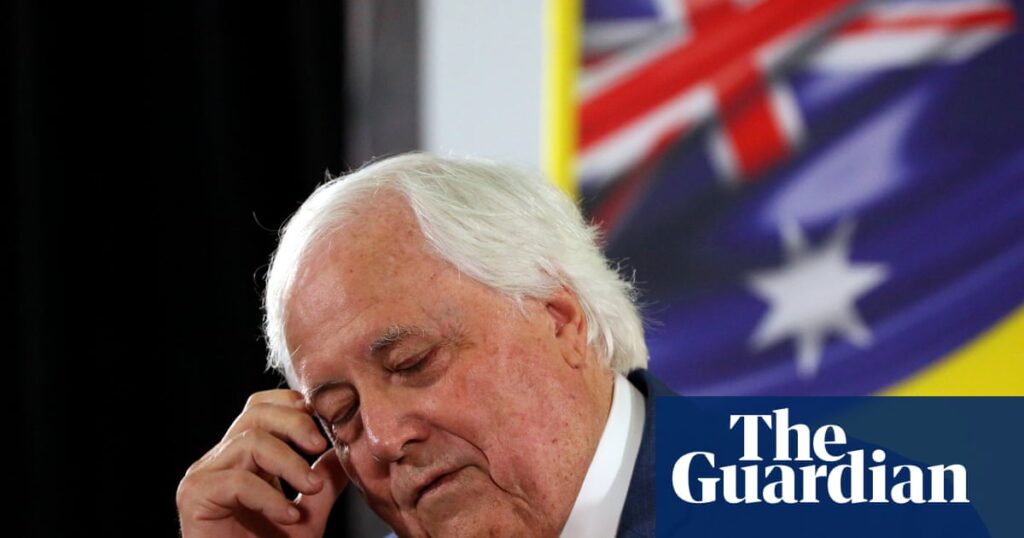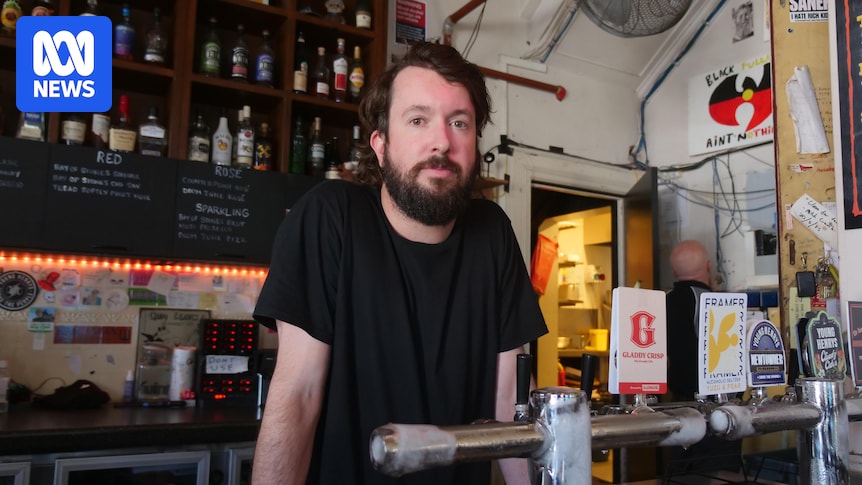
Clive Palmer has announced plans to challenge an international tribunal’s decision to dismiss his $305 billion compensation claim against the Australian government by appealing to a court in Switzerland. The tribunal’s ruling, which was disclosed by Attorney General Michelle Rowland on Saturday, marks a significant setback for the Queensland mining magnate.
The permanent court of arbitration in The Hague, Netherlands, ruled against Palmer, dismissing his claim that a decision blocking a mining proposal in the Pilbara region violated international law. The tribunal also ordered Palmer to pay more than $13 million in costs. The decision, however, has yet to be published on the court’s website.
Palmer’s Legal Strategy
Palmer, representing his Singaporean investment company Zeph Investments, has vowed to continue the legal battle, which has already spanned a decade. In a statement posted on social media, he expressed his intention to challenge the tribunal’s judgment in the federal supreme court of Switzerland. “Mr Palmer said that he and his legal team would challenge the tribunal’s judgment, ensuring the matter is tested in a forum in which the lawful arguments of his case are properly heard,” the statement read.
Palmer’s lawsuit stems from a blocked mining proposal in Western Australia’s Pilbara region, where his company Minerology claimed rights to mine one billion tonnes of magnetite iron ore. This reserve is reportedly the world’s largest of its kind, with work on the mine commencing as early as 2008.
Legal and Political Context
The legal proceedings began with Palmer’s claim that Western Australia’s refusal to permit the mine breached the 2010 Asean-Australian-New Zealand free trade agreement. In 2020, the WA government passed a law exempting itself from the lawsuit, a move Palmer unsuccessfully challenged in the high court.
International law expert Alvin Yap from the University of Western Australia explained that Palmer can appeal to a Swiss court because Switzerland is the “seat” of the tribunal, which operates under Swiss authority. “If Palmer wins there, the court could overrule the decision and send it back to the tribunal or order a new tribunal to hear the case,” Yap noted.
“The Swiss court can’t order the Australian government to pay compensation to Mr Palmer,” said Yap.
Wider Implications and Criticism
Palmer’s company, Zeph Investments, has filed four claims against the Australian government, including the current one. Among these is a $120 billion lawsuit stemming from Queensland government decisions that blocked the construction of two mines and a coal-fired power station. The other three claims were suspended pending the outcome of the Pilbara case.
The investor-state dispute settlement (ISDS) process has faced criticism from environmentalists and others who view it as a threat to the sovereignty of elected governments, particularly in their efforts to protect the environment. Patricia Ranald, convener of the Australian Fair Trade and Investment Network, highlighted the growing number of ISDS cases from fossil fuel companies challenging government actions to reduce carbon emissions.
“Palmer’s last three cases join a growing global list of ISDS cases from fossil fuel companies against government decisions to reduce carbon emissions. A recent United Nations Report concluded that ISDS is a ‘major obstacle’ to government action on climate change,” Ranald stated.
Ranald urged the federal government to expedite a promised review of Australia’s ISDS commitments, emphasizing the need for clear resolutions in such disputes.
Next Steps
As Clive Palmer prepares to take his case to Switzerland, the outcome could have significant ramifications for international trade law and the mining industry. Observers will be watching closely to see how the Swiss court handles the appeal and what implications this might have for similar cases in the future.
The unfolding legal saga underscores the complexities of international arbitration and the challenges faced by governments and investors alike in navigating these disputes. With Palmer’s determination to pursue justice through every available legal avenue, the case is far from over.






